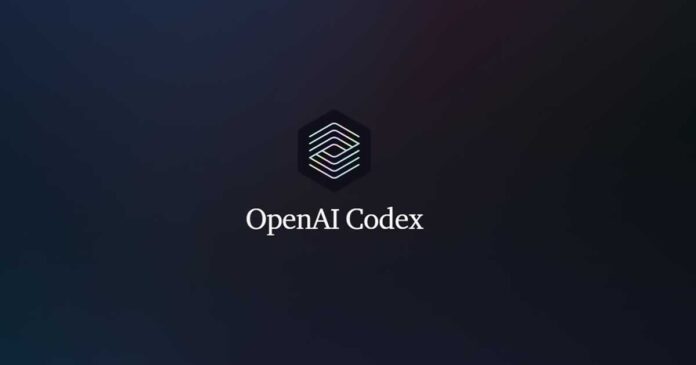OpenAI has introduced Codex, an AI coding agent embedded in ChatGPT that could transform the way developers approach their work. Codex is designed to assistance developers by providing tools for writing code, debugging, testing and answering programming questions. Codex has been made available to ChatGPT Plus, Education and Enterprise users and will shortly become accessible to subscribers of ChatGPT Pro.
What is Codex?
Codex utilizes the Codex-1 model, a variation of OpenAI’s o3 system developed for better performance in software development. OpenAI boasts that Codex-1 delivers more reliable results, sticks closely to user commands and continues to refine its work until the expected outcome is met.
Codex is an independent, self-directed coding assistant, assisting with tasks that require coding skills. This allows users to continue working while Codex takes on several tasks simultaneously. Codex operates in a cloud environment and communicates with GitHub to retrieve user code and start developing new features or resolving issues.
also read: Chime Files for U.S. IPO on NASDAQ as “CHYM”
How Codex Works
Codex is accessible by choosing the ‘Code’ icon in ChatGPT’s sidebar menu. Users are able to give instructions to Codex, such as “Fix this error” or “Implement a login functionality.” You can utilize the sidebar buttons to request explanations from Codex or give it tasks to develop. By going to the task panel, they can monitor the work Codex does toward fulfilling the tasks that are assigned to it.
Codex can generate responses in a few minutes for straightforward questions and up to 30 minutes for more detailed ones. Early testimony has already established that Codex speeds up normal development work, freeing up time for high-level strategy and creative thinking.
Security and Safety Measures
One of the biggest challenges of using AI in development is providing sufficient security. The firm has implemented a number of safeguards against possible risks with Codex. Codex is limited to operating in private, which means that it will not be able to access the internet or communicate with other programs to assist in generating malicious code.
OpenAI also makes sure Codex will refuse any commands that are likely to do harm or damage utilizing safety features built by the o3 model. In particular it will not generate harmful software such as viruses or phishing script components.
Industry Impact and Competitive Landscape
There is an increasing demand for AI-powered tools to aid programmers. Google and Microsoft have disclosed that they rely on AI to produce a third of the code written within their organizations. Contentious competitors like Anthropic’s Claude Code and Google’s Gemini Code Assist have successfully established themselves in the market, while startups such as Cursor are drawing enormous investments.
OpenAI boosted its market presence by purchasing Windsurf for $3 billion. OpenAI is adding tools such as Sora, Deep Research and Operator to expand the capabilities of ChatGPT. The new tools and services are intended to benefit ChatGPT’s expanding user base while generating more income for OpenAI.
Looking Ahead
OpenAI considers Codex to be a teammate that can assist engineers in their work. OpenAI is developing Codex so that it can help developers automate tasks that might otherwise require several hours or days to finish manually. Codex has been a valuable resource within OpenAI to simplify tasks such as writing documentation, creating test suites and setting up fresh projects.
Though Codex is still in a preview phase and subject to future usage rate limits, the early signs suggest it could become a transformative asset for developers. Like all AI tools, it may make mistakes, but its potential to speed up workflows and reduce repetitive coding tasks could fundamentally change how software is built in the coming years.








